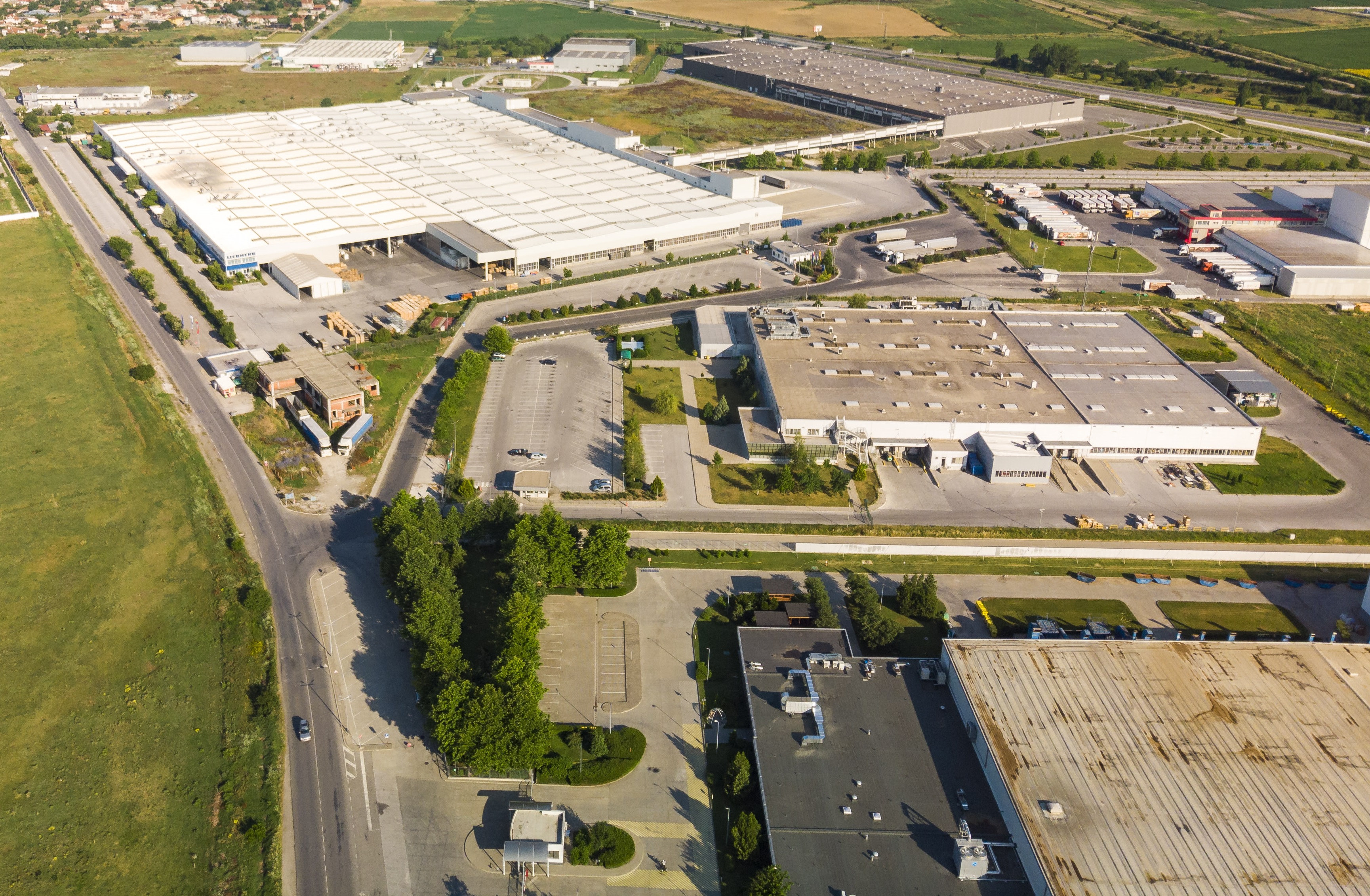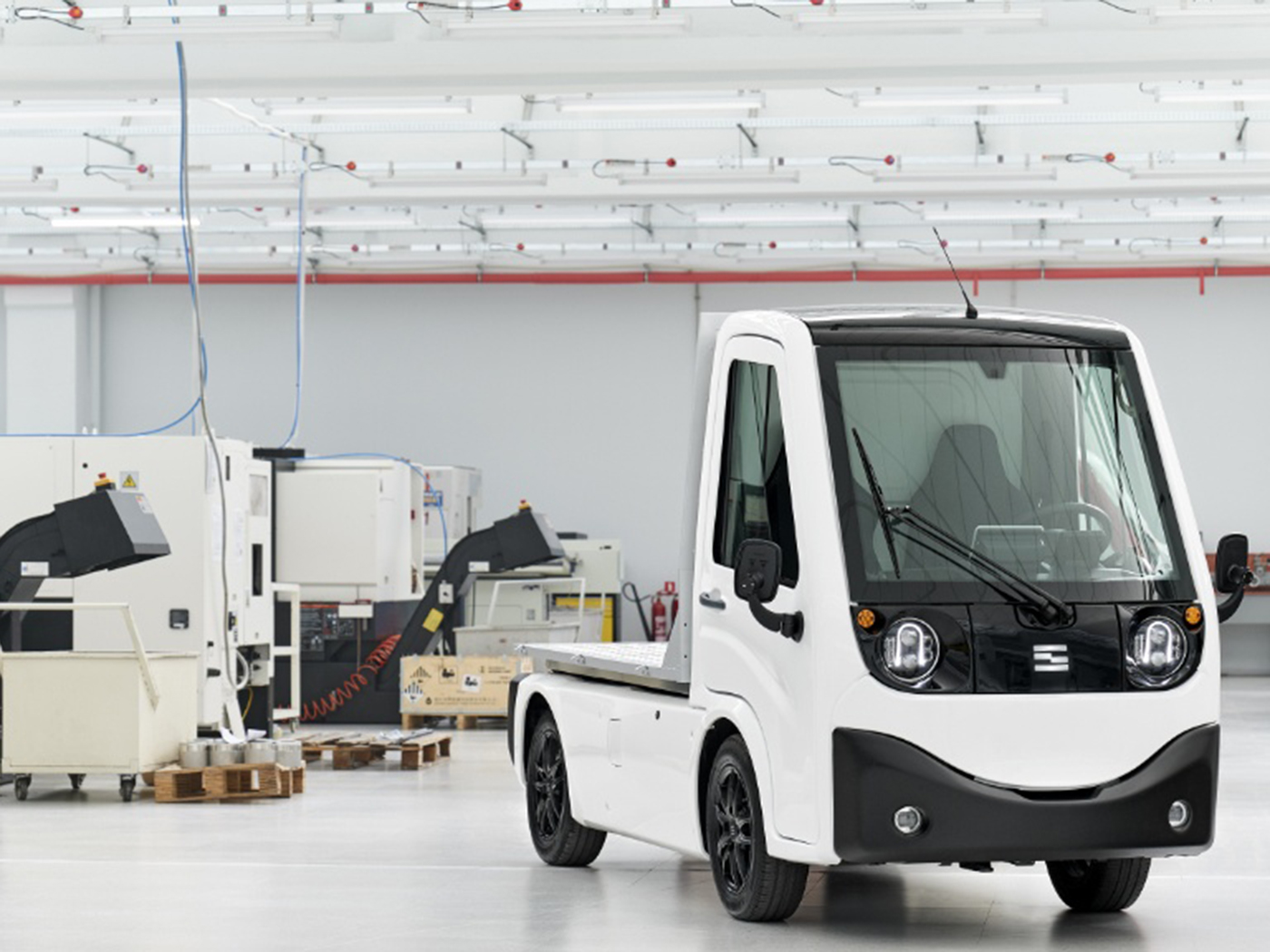After a year of record sales and high prices, Bulgaria turned out to be the country with the largest export growth in the EU in 2022 – with an increase of 39% compared to 2021, according to Eurostat’s preliminary data. The growth of over 240% in fuels and energy sold abroad, as well as over 150% in vegetable and animal oils and fats, contributes to the strong result.
The largest groups that Bulgaria traditionally exports – goods of various materials, as well as machinery and equipment, and chemicals are also performing well and have grown at double-digit rates.
In general, all countries of the union report double-digit growth in their exports – between 14% and 39%. The figures are in nominal terms, so much of the increase comes from prices, which last year were significantly higher in almost all economic sectors. Nearly 6.8 trillion. euro reaches the total export of the 27 EU countries, including that between them. Germany remains the leading exporter, accounting for over 1.5 trillion. euro from the total amount. However, the largest European economy reports the weakest growth in its exports compared to other countries. For comparison, Bulgarian exports are only 48.3 billion euros, which represents 0.7% of the total EU exports.
In most European countries, however, imports have grown faster than exports, and Bulgaria is no exception. The value of imports here increased by 42% (up to 55.4 billion euros), as much as in Greece, and only Croatia surpassed them with its 44%. Large increases in foreign trade levels with relatively slow GDP growth make the Bulgarian economy even more open to world markets.
Headwind for Bulgarian exports
Despite the challenging external environment – fears of energy shortages in Europe, high prices of food and raw materials in general, the conditions have turned out to be favorable for some sectors and companies in Bulgaria have managed to take advantage of them. These are mostly fuel and electricity producers. High prices have also brought greater income to producers of food, machinery, metals, clothing, etc. However, record growth is expected to gradually fade this year as the potential to expand into new markets has largely been exhausted.
In the long term, however, the export structure is dominated by productions with a relatively low added value. Last year, goods for intermediate consumption predominated, i.e. those that subsequently become part of other productions or require processing before reaching the final consumer. They represent over 65% of total exports, according to Eurostat data. Only a little over 18% of exported goods are for final consumption.
Larger deficits across the EU
Due to greater purchases of goods from abroad, the trade deficits of most European economies widened, or if they had a surplus in most cases, it melted away. Thus, the Eurozone reported a record large trade deficit last year. The bloc’s deficit with the rest of the world reached 314.7 billion euros after a reported positive balance of 116 billion euros in 2021. Overall, the value of imported goods in countries using the single currency grew by 37.5%, and against this background their exports lag behind with a growth of only 18%. As a net importer of energy and raw materials, the euro area paid much more for natural gas and oil in 2022.
For the EU as a whole, a surplus of €55bn in 2021 is also turning sharply into a deficit of €431bn last year, with the biggest expansion in the deficit coming in the energy resources sector. A breakdown by country shows that the union’s deficit has increased with China, India, Russia, Norway and South Korea. A surplus was recorded with the USA and Great Britain, although it is shrinking compared to 2021. After the sanctions imposed against the Kremlin, EU exports to Russia are down 38%. Imports have continued to grow, however, up 24% for the year since an embargo on Russian oil only came into effect in December.
Source: Capital



